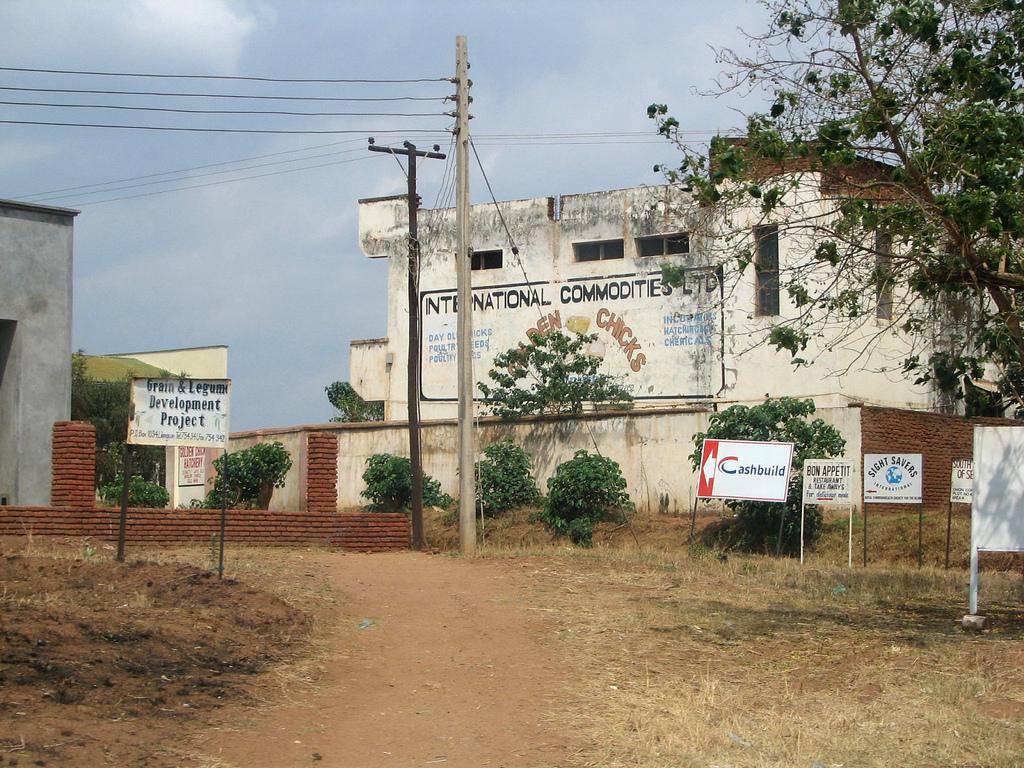Stop the Bleeding: ActionAid suggests Malawi lost USD 43 million potential revenue from largest mining project

Malawi could have paid for 431,000 HIV/AIDS treatments or the annual salaries of 17,000 nurses, 8,500 doctors or 39,000 teachers if the USD 43 million of potential revenue had not been lost from its largest mining project. This is according to the recently launched ActionAid International study An Extractive Affair: How one Australian mining company’s tax dealings are costing the world’s poorest country millions.
The Malawian government and Paladin Energy negotiated a Mining Development Agreement prior to the start of operations in 2009 for the Kayelekera Uranium Mine that is run by the company’s subsidiary Paladin Africa, in which the government has a 15% equity stake. A number of discretionary tax breaks were given to Paladin, including a lowered royalty rate. The royalty rate in Malawi is usually 5% of sales, but was dropped for Paladin to 1.5% of sales for the first three years and then 3% thereafter. According to ActionAid, Malawi lost USD 15.635 million as a result of this deal.
On top of this, the study argues that Malawi missed out on USD 27.5 million in withholding taxes between 2009 and 2014. This is because Paladin did not have to pay the usual 15% withholding tax on interest payments and management fees it sent from Malawi to its subsidiary in the Netherlands, due Malawi’s double taxation treaty with the Netherlands. The report suggests that the Dutch subsidiary was set up in order to avoid paying the withholding tax in Malawi since it has no employees and the money was then sent on to Australia. Paladin Africa is required to pay large interest payments because this Malawian subsidiary has been financed by an intra-company loan (80% of its total capital).
In a response to these findings, Paladin Energy explained that if the 5% royalty rate had been applied, the mine would not have been developed. In such a scenario, John Borshoff, Managing Director of Paladin Energy, states that Malawi would not have received any taxes, royalties or indirect benefits from the mining project. Between April 2009 and 2014, Paladin Africa paid nearly USD 10.5 million in royalties to the government and over USD 38 million in payroll, withholding and non-residence tax.
Paladin Energy also reiterated that setting up the subsidiary in the Netherlands was driven by “commercial rationale” and that it was not subject to withholding tax as “a direct consequence of ordinary application of the long standing Dutch-Malawi Double Tax Agreement”.
The result of these legal tax breaks and tax planning is that Malawi has less money to finance vital public services and its development plans, according to ActionAid, which recommends that “ensuring multinationals operating in their country pay their fair share of taxes should be a priority for all developing country governments”. The study also calls for greater public and parliamentary scrutiny of tax incentives and tax treaties Malawi may offer and enter. However, the responsibility lies outside of Malawi as well.
The international tax system that facilitates vast illicit financial flows (IFFs), from not only Malawi but also the rest of the continent, has received great attention this year. In January, Thabo Mbeki, former South African President and chair of the African Union/United Nations Economic Commission for Africa High Level Panel on IFFs from Africa, launched a report that indicated the continent had lost about USD 1 trillion between 1988 and 2008 through IFFs. The multiplier effect of these losses is even larger – loss of decent income, public services and infrastructure. The report places the blame for this largely on the shoulders of multinational companies, especially those in Africa’s oil, gas and mining industries, which are able to minimise taxes legally.
In a citizen response to this damaging loss, six Pan-African have started “Stop the Bleeding” Africa IFF campaign to demand African government action on tax injustice including lobbying for an end to tax holidays and unfair incentives for big business, a global body to fight tax injustice, and addressing trade mispricing, transfer pricing, base erosion and profiting shifting.










